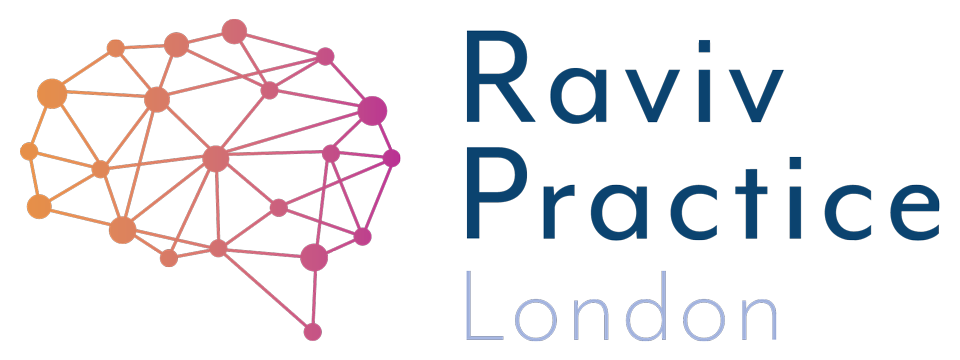Articles
As a respected leader in the field, Raviv Practice London is often asked to write about themes parents would be interested in reading about.
For example, how to encourage your child to have the skills to develop good grasp for writing, solutions for improving handwriting without touching a pen, and how rhythmic skills help learning. They also deal new conditions that schools, parents and individuals need to learn about, such as auditory processing disorder, and how to deal with children who have high levels of anxiety.
Below is a selection of articles published over the last few years. Visit this page regularly for new updates!
How Tom Daley has shown the nation a few things other than diving… like knitting!
This summer, we are all glued to our TV sets watching the Tokyo Olympics. Nothing was more amusing than seeing Olympic Gold Medalist Tom Daley's knitting. But what is the link between knitting and being brilliant at maths?
A Way With Words
Parents with children suffering from dyslexia and other learning difficulties are right to be angry with MP Graham Stringer with his unqualified remarks about dyslexia and his dismissal of it as 'cruel fiction which leads to crime'
Auditory Processing Disorder
Auditory Processing Disorder (APD) is a condition where those with normal hearing constantly mishear what is said. Whilst APD is of neurological nature and that it may be inherited or caused as a result of developmental problems, research has also shown that early childhood ear infections can be a significant contributory factor in causing it.
Why does my child not like school?
It’s easy to blame yourself for the anxiety your child feels and subsequently promise yourself to leave more time to prepare for the day, the next morning. But it’s not actually to do with the preparation. It is to do with a type of anxiety that has turned into a habitual pattern, a trauma. This can occur in any situation, not just going to school.
Why your child should have rhythmic skills and what you can do to help
To understand rhythm and its importance we have to start with the unborn baby. Rhythm begins in the womb when the baby is listening and feeling the rhythmic patterns of his/her mother's heart beat, breathing and movement patterns.
Why you shouldn't stop your toddler from writing on your walls!
Introducing cursive handwriting in the first years of schooling is a daunting task for parent and child alike. Yet, more and more primary schools are insisting that a child entering school should embark on writing at this seemingly complicated level.
Music and Education
Music and actively playing an instrument helps a young child develop an assortment of skills. A simple activity of an infant banging on a sauce pan with a spoon is potentially developing rhythmic skills. The rhythms create an awareness of sequences Creating a repeated sequence of noises, adds logic to the whole process not to mention the hand eye co-ordination and large motor skill development.
Help is at hand for children with poor handwriting
Little is known by parents on how to help their child struggling with handwriting. Schools may be willing to provide the necessary support with additional worksheets to practice. But parents can remain baffled as to why the effort is not being translated into the necessary legible script promised by additional practise.
Does your child hate spelling?
Reading acqusition preceeds writing and spelling. An interest in reading leads to building vocabulary and word recognition. Once spelling tests are introduced to the mix, children learn spellings and build a dictionary of words which they can use to build sentences.
“Bright but needs to concentrate!”
Have you ever wondered why some children can concentrate and finish homework on time, while others need to be chased around the room?
Auditory Processing Disorder (APD)
Usha Patel Learning Difficulties Practitioner talks about Auditory Processing Disorder (APD)
